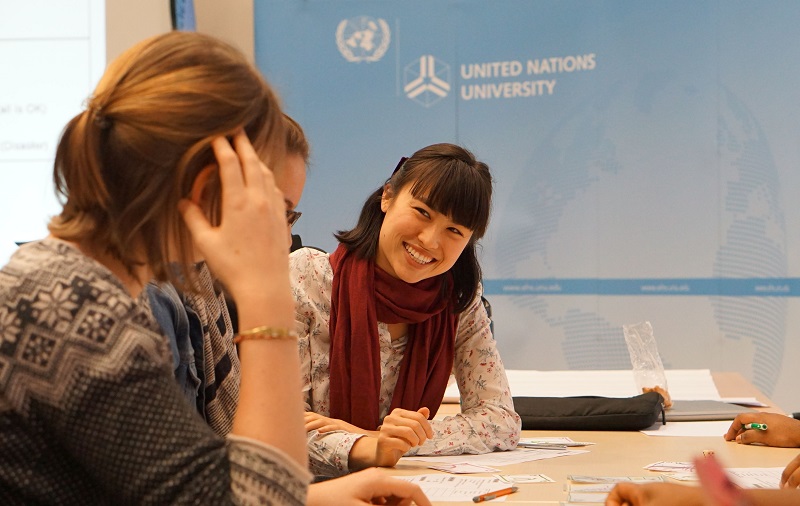Deadline: December 15, 2022
The Department of Geography at the University of Bonn (GIUB) and the United Nations University Institute for Environment and Human Security (UNU-EHS) are pleased to announce the call for applications for the International Joint Master of Science Programme 2023: Geography of Environmental Risks and Human Security.
The main purpose of the two-year Master of Science programme is to provide postgraduate students with detailed knowledge, critical understanding, strategies and the tools required to take an interdisciplinary approach towards environmental risks and human security. The Master’s programme addresses theoretical and methodological debates in geography to better understand the complex emergence of environmental risks and natural hazards, their implications for human-nature relations (vulnerability, resilience, adaptation), and how to deal with them in practice. It provides a unique combination of advanced conceptual and applied engagements within the field of environmental risks and human security in an international context. An internship of at least eight weeks is a compulsory part of the programme.
Fields of Study
- Geographical approaches to risk, vulnerability and resilience;
- New approaches to development geography;
- Earth system science;
- Qualitative & quantitative methods, as well as GIS & remote sensing;
- Social-ecological systems, risk & technology;
- Risk management and governance, forecast & prediction;
- Disaster management, disaster risk reduction.
Scholarship
- This Joint Master’s is part of a selected group of international postgraduate degrees that benefits from the EPOS funding scheme offered by the German Academic Exchange Service (DAAD). A number of fully-funded scholarships can be offered to students from developing countries for through this scheme.
Eligibility
Eligible candidates should fulfil the following requirements in addition to the general eligibility criteria for the Master’s programme:
- Being a candidate from an eligible developing country (check the list on DAAD website);
- Having accumulated at least two years of relevant work experience since graduation from the Bachelor’s by the time of application (e.g. with an NGO, GO, or the private sector);
- Having graduated from the last academic degree no longer than 6 years ago by the time of application;
- Having completed no other Master’s degree in a similar field of studies;
- Aiming to pursue a career as a practitioner in the field of development following graduation from the Master’s programme (not in an academic area/not aiming to pursue a PhD);
- Being ready to commit fully to the Joint Master’s degree in case accepted for the programme and a DAAD EPOS scholarship.
Application
Students wishing to be considered for these scholarships need to attach the additionally required documents (DAAD application form, professional references, work certificates) to their application package. Programme admission does not guarantee being awarded a DAAD EPOS scholarship.
For more information, visit International Joint MSc Programme.

